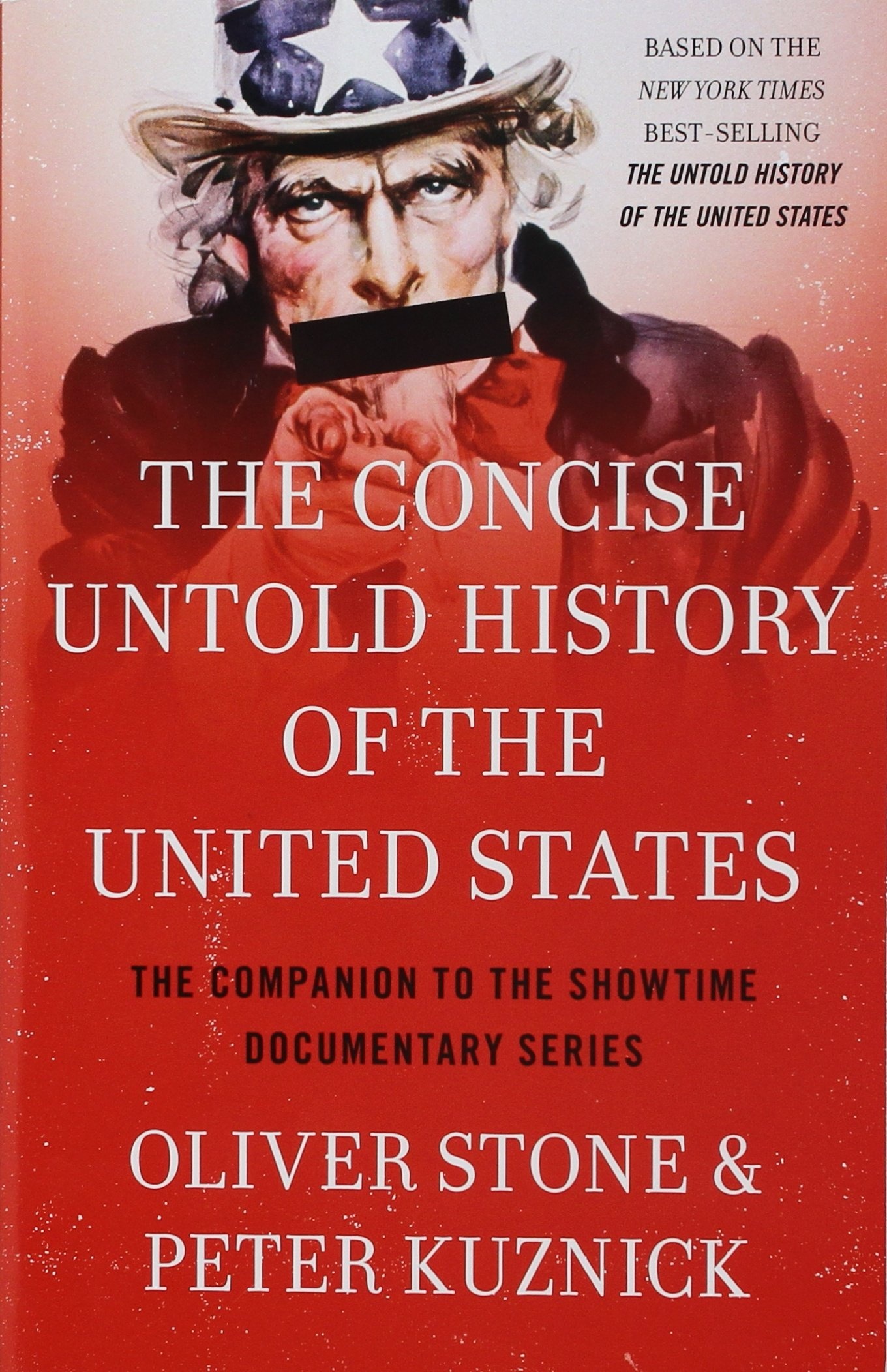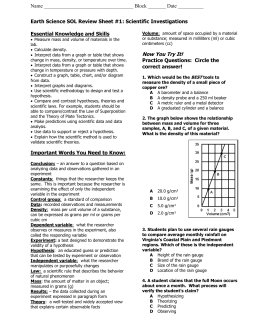Social media and the arab spring politics comes first
Data: 3.09.2018 / Rating: 4.7 / Views: 584Gallery of Video:
Gallery of Images:
Social media and the arab spring politics comes first
Since the Arab Spring, the role of social media in influencing political action by young people has gained increasing attention. Although social media did not cause the revolution, Facebook and Twitter have undoubtedly been an important platform for mobilising the crowds. Tom Murse has been writing about politics and government for over two decades, and has been recognized by the Nieman Foundation for fairness in investigative reporting. Updated June 01, 2018 The use of social media in politics including Twitter, Facebook and. Before discussing how social media affected the Arab Spring and will affect future revolutionary movements, first it is important to identify how revolutions are phased. There comes a point in any insurgency where it must move beyond the reach of social media, and tangible gains must be made on the ground positions occupied, personalities. Prior to the Arab Spring, past cascades did not have the benefit of commercialized communication networks and technologies, such as social media and mobile telephony, to draw in the wisdom of the crowd and smart mob mobilization. Your reading intentions are private to you and will not be shown to other users. Setting up reading intentions help you organise your course reading. Keywords: New Media, Arab Spring, Collective Action, Political Violence, Media and Conflict Suggested Citation: Suggested Citation Wolfsfeld, Gadi and Segev, Elad and Sheafer, Tamir, The Social Media and the Arab Spring: Politics Always Comes First (2012). Setting a reading intention helps you organise your reading. You can filter on reading intentions from the list, as well as view them within your profile. The Middle East Channel The Sectarian Gulf vs. the Arab Spring I first visited the Eastern Province in 2008 while on a fieldwork trip. Traveling on a railroad built by the Americans for King. Wolfsfeld G, Segev E, Sheafer T (2013) Social media and the Arab Spring: politics comes first. Int J PressPolit 18(2): CrossRef Google Scholar World Bank. How Social Media Is Ruining Politics. It is turning out to be more encompassing and controlling, more totalizing, than earlier media ever was. The groundwork laid in the 1990s and early 2000s left women rights activists poised to take advantage of two important revolutions at the beginning of this decade: the Arab Spring and social media. The role of social media in the Arab Spring, a revolutionary wave of demonstrations and protests in the Middle East and North Africa between 2010 and 2012, first blocking Facebook and Twitter, then completely blocking access to the internet in the country for five days, beginning January 28, 2011. First the facts and then some discussion of the role of social media: Background: The Arab Spring in Tunisia, Egypt and elsewhere in the MidEast heavily relied on the Social Capital Blog Wisdom on social capital, human interaction, civic engagement. Wolsfeld, G, Segev, E, Sheafer, T (2013) Social Media and the Arab Spring: Politics Comes First This study presents two broad theories: first that you cannot understand the role of social media in collective action without understanding the political environment and secondly that a significant increase in the use of social media is much more. 3 Abstract In light of the Arab Spring revolutions of early 2011, the Internet and its tools of social media have been heralded as instrumental in facilitating the uprisings. Hassan Ould Moctar is a freelance writer, activist and graduate student of Migration and Ethnic Studies at the Graduate School of Social Sciences in the University of Amsterdam. We have seen the power of social media and its effect on society. From the Arab Spring to the global Occupy movement, citizens of all nations are more empowered than ever before. Social media and the Arab Spring politics comes first. The International Journal of PressPolitics, 18(2), . Xenos, Michael, Ariadne Vromen, and Brian D. Almost immediately after the Arab uprisings began, there was debate over the role and influence of social media in the ouster of Tunisian president Zine El Abidine Ben Ali. The Arab Spring and the Internet: Research roundup Social Media and the Arab Spring: Politics Comes First Although they dont deny that social media were important for Arab protestors, the researchers compare crossnational data and show high rates of Internet penetration did not always lead to greater levels of protest. The Social Media and the Arab Spring: Politics Always Comes First The goal of this article is to place the role of the social media in collective action within a more general theoretical structure using the events of the Arab Spring. Social networks also played a role in electoral politics first in the ultimately unsuccessful candidacy of Howard Dean in 2003, and then in. The goal of this article is to place the role that social media plays in collective action within a more general theoretical structure, using the events of the Arab Spring as a case study. The article presents two broad theoretical principles. The first is that one cannot understand the role of social media in collective action without first taking into account the political environment in. Watch videoWhen the Arab Spring erupted in 2010, one of the first things people noticed was the very visible role social media seemed to play. The amount of Americans following political figures on social media has more than doubled in recent years. So, of course, the number of political figures using social media has also grown. How social media is hurting the Arab Spring. Tahrir Square launched a thousand dissertations on how social media drove the frenetic mobilization of the Arab Spring. When it comes to Arab Spring, the extent of the disagreement on the role of Social Media is even wider than the one about Moldova and Iran. Amnesty International acknowledges the importance of digital technology in the success of the civil uprising in Tunisia and Egypt in its April 2011 report. Barack Obama was called the King of Social Networking by the Washington Post as he became the first social media President. His campaign team was the first to fully understand and harness the potential of social media to communicate his message and energize supporters to donate and vote. The Arab Spring began in late 2010 in response to oppressive regimes and a low standard of living, beginning with protests in Tunisia (Noueihed, 2011; Maleki, 2011). In the news, social media have been heralded as the driving force behind the swift spread of revolution throughout the world, as new protests appear in response to success stories shared from those taking place in other countries. The goal of this article is to place the role that social media plays in collective action within a more general theoretical structure, using the events of the Arab Spring as a case study. The article presents two broad theoretical principles. The first is that one cannot understand the role of social media in collective action without first taking into account the political environment in. The relationship between social media and politics has been on a rollercoaster for the past decade. Like many other digital technologies, when social networks first came into our lives, it was. The Social Media and the Arab Spring: Politics Always Comes First. 1 The Social Media and the Arab Spring. One of the more important debates among those who study political protest and violence. The first paper, Consequences of the Arab Spring for Womens Political Participation, explores womens involvement in politics through social media, and the factors that have delayed About seven years ago, during the Arab Spring, the power of social media to drive major political change burst onto the world stage. The promise of Twitter and Facebook to help. Arab Spring: A Research Study Guide: Egypt This guide lists online and print sources for what has become known as the Arab Spring, the popular revolutionary wave in the Middle East and North Africa that started in December 2010. The Social Media and the Arab Spring: Politics Comes First Gadi Wolfsfeld IDC, Herzliya Elad Segev Tel Aviv University Tamir Sheafer The Hebrew University of Jerusalem Social Media and the Arab Spring. When the average American thinks about Brazil one of two images comes to mind, Carnival or soccer. A prison gang called the First Command of the Capital, known by its Portuguese acronym PCC, orchestrated a nationwide revolt, seizing hostages in several prisons and setting off. BG (18: 26): Social media was used by protestors well before this year's Arab Spring. Demonstrators were using tools in Belarus, for example, in 2006, in Thailand in 2010. Demonstrators were using tools in Belarus, for example, in 2006, in Thailand in 2010. The Arab spring is a social, structural change that encompasses both national politics and international relations. Three months into the Arab spring, and the first month remains pivotal. Not long ago social media held out the promise of a more enlightened politics, as accurate information and effortless communication helped good people drive out corruption, bigotry and lies. KUWAIT CITY, KUWAITKuwait is a shrimp among whales, to borrow an image usually applied to Korea. Little more than a postage stamp in the. Presents new causal theory of digital media and political change in the Arab Spring Includes unique digital data collected during and after the events and makes use of new fuzzy set methodology Incorporates fieldwork from Tunisia, Lebanon, Egypt, and other countries. The Arab Spring, chronicled Tweet by Tweet. Social media powered up the Arab Spring and has created a new space for how history will remember its events. In the embryonic, ever evolving era of social media when milestones come by the day, if not by the second June 8, 2010, has secured a rightful place in history. It is worth noting that many studies in this area take social media use as the starting point or independent variable, and therefore cannot rule out that some deeper cause political interest, for example is the reason people might engage in SNS use in the first place. Further, some researchers see SNS use as a form of participation and engagement in and of itself, helping. Internet and social media gave Arab youth who have traditionally been marginalized from national and political discourse, an avenue to express themselves and their ideals, report stories of corruption, oppression and police brutality. Looking at social media and political protest more generally, its natural to conclude that the days of protest in the absence of a significant social media presence are surely coming to an end. Parsing the Differences Between Tunisia, Egypt, and Libya. The event marked the first time that social media had helped force out a national leader. Estrada himself blamed the textmessaging generation for his downfall. For more on social media and the Arab Spring, see the book Distant Witness, by Andy Carvin. Did Twitter and Facebook cause the Tunisian Revolution and the protests in Egypt? Not according to Malcolm Gladwell, since he and others have questioned the role of
Related Images:
- Trophy Wives
- E17
- Angel face zoey
- La Sombra Como Iluminar Nuestros Aspectos Ocultos
- Ac3 majestic korean
- Anatomie et physiologie humaine pdf marieb
- The great and powerful oz dvd
- X men pental
- The curious case of benjamin button bluray eng
- House top 40
- Shes A Freak
- The simpsons the fear
- House built 100k
- Australian tax casebook
- Genital angelina valentine
- Mon night raw
- Spec ops the line black box
- How To Consult A Perfect Ass
- Ghost dog jap ost
- Legion 2018 eng
- Mua he nam Petrus
- Guitar hero 2
- Cougar brittany oconnell
- Game of thrones e05
- Buffy the vampire slayer s06e01
- John Deere Engine Manuals Download
- Wake The Night
- Little white lie 2014
- The simpson season 25
- Spirit bird xavier rudd
- Six Weeks to Words of Power
- Girlsdoporn episode 123
- The king of kong quarters
- Drop dead dublado
- 50 ideas you really need to know
- Million dollar list
- Toshiba europe gmbh drivers audio gratis
- Probability statistics raymond
- Maco 2 chainz guessed it
- Of the great war
- Indian mms scandals 05
- Corporate finance by aswath damodaran
- Nubiles shae snow
- Manual De Construccion De La Ciudadania Argentina
- Resumen del libro que esconde demetrio latov
- Adobe cc painter
- Kaun Banega Crorepati Questions With Answers
- Comedy movie music
- The roly mo show
- Snow white classic
- Baked salmon fillet recipe food network
- Level 1 document army combatives
- Kaguya no Monogatari
- The little rascals save the day 2018 720p
- Adobe illustrator cs6
- Lil wayne hustle
- Scientific Creationism
- Libro Los Secretos Del Abuelo Sapo Pdf
- School Of Rock
- Photo safari wild earth
- Homeland nl 2
- Doctor who Dalek Invasion of Earth
- Latin 1re Terminale Livre Du Professeur
- Przeszo ktra nadejdzie
- Provocative Tests For Thoracic Outlet Syndrome
- Warhammer the empire
- Era for a moment when earth meets sky
- Penny dreadful s01 vostfr
- Big bang theory ita eng
- Skrillex recess album












